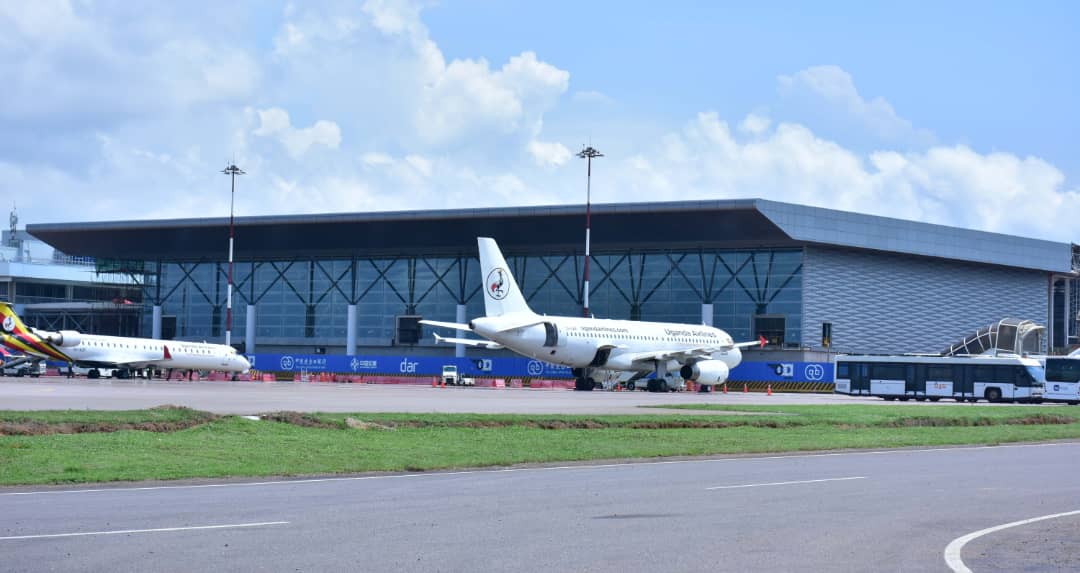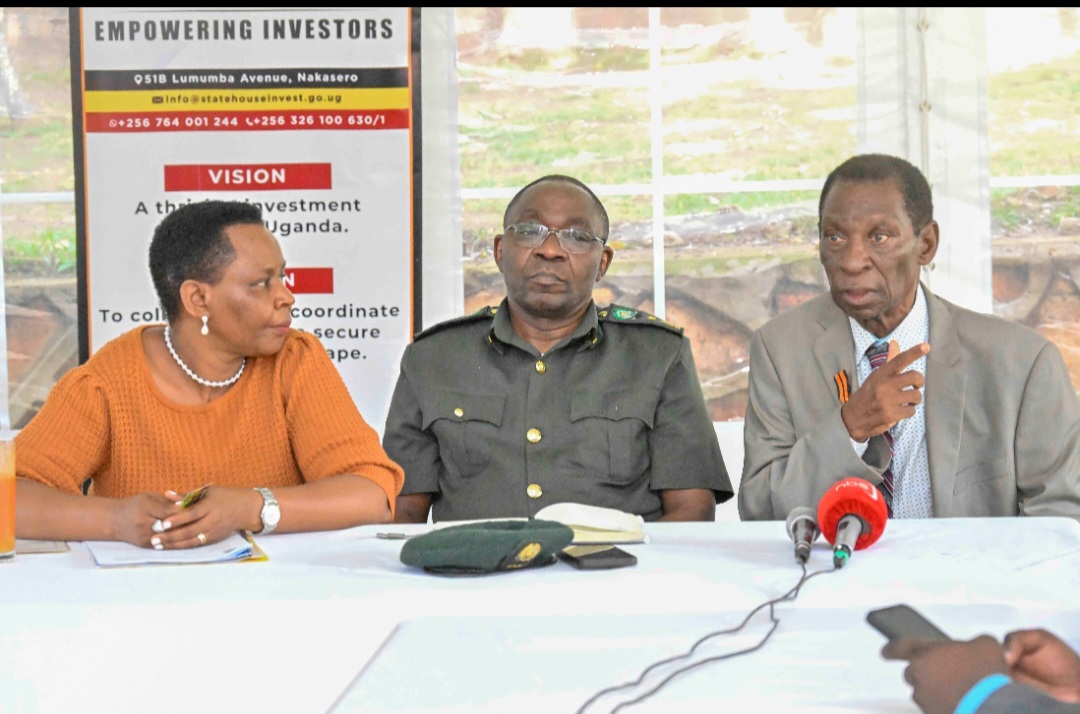The National Resistance Movement (NRM) began as a student movement opposing bad governance in Uganda. Led by President Museveni and his colleagues, the revolution successfully overthrew the dictatorship of Idi Amin. Ugandans supported this struggle, yearning for democracy and peace amidst widespread political violence.
Tragically, many patriotic combatants lost their lives to rebuild a failing nation. This level of patriotism and sacrifice is often lacking today, and we must continually remind Ugandans of the sacrifices made for Uganda’s rebirth. Despite years of sacrifice that advanced Uganda’s democracy and development, some individuals have turned NRM internal elections into a “do or die” affair. They resort to violence, unlawful arrests, and impunity to secure victories.
Ironically, many perpetrators were not part of the historical struggle that shaped today’s Uganda. President Museveni once called them *“Abararya ebyezire”*—those who reap benefits without contributing to the groundwork. No true patriot or NRM leader should tolerate elections where opponents are beaten or killed. NRM primaries should reflect brotherhood and shared ideology, not deadly rivalries. To foster unity, the NRM introduced joint campaigns during primaries.
This initiative aimed to prevent hatred and promote camaraderie among party members. However, some candidates refuse to participate, and the NRM Electoral Commission permits this with official letters, sowing seeds of division. The exchange of insults among candidates is disheartening, yet the Electoral Commission remains passive until violence erupts on election day. The commission must enforce the party constitution and campaign guidelines by disqualifying violators.
After every NRM primary, constituencies split into two camps: supporters of the incumbent and those against. Both groups vote for President Museveni and NRM in general elections, yet party leaders make little effort to reconcile them. This neglect risks party unity and opens the door for opposition exploitation. Who is responsible for mediation and reconciliation within NRM, and why are they inactive? This issue demands urgent attention. Where did we go wrong, and how do we return to the right path? We have created “small gods” within the party—individuals who flout rules without consequence. Even the President struggles to manage them through state agencies like the police. Internal disciplinary mechanisms could address this, but who at the NRM secretariat dares challenge these demigods? They exploit NRM structures, colors, and logos to deceive voters, knowing the party’s widespread support.
Many lack knowledge of NRM’s ideology and instead impose their own, forcing party officials to comply. Young people and powerless party members suffer most. Who protects their votes or ensures fair competition? How safe are they when challenging these demigods? We must restore justice, fairness, and transparency—the values that earned NRM public support. By renewing hope and inclusivity, we can strengthen the party and fulfill its founders’ vision for Uganda. Why do NRM candidates bribe voters? If a candidate believes they have majority support, why resort to handouts? This practice disadvantages candidates without financial resources, undermining fairness. Vote-buying breeds a cycle where leaders prioritize recouping their “investment” over public service.
Constituents suffer from neglected services like transport, electricity, and healthcare, which are critical to fighting poverty.
Some representatives focus solely on politicking, suppressing opponents rather than addressing constituents’ needs. The party must intervene to curb this behavior. Leadership should be a commitment to serve, not a tool for personal gain. NRM must prioritize service delivery and unity to maintain its strength and legacy.
*The writer is a Deputy RDC, Sheema District.*
Do you have a story in your community or an opinion to share with us: Email us at Submit an Article









